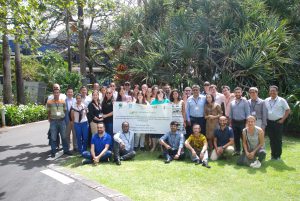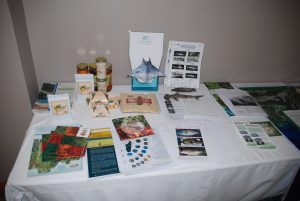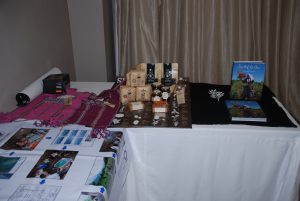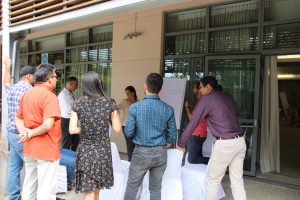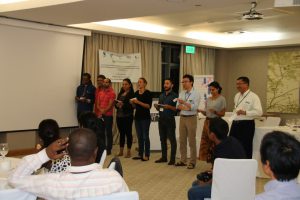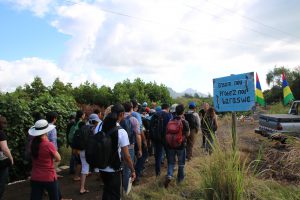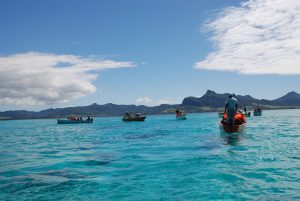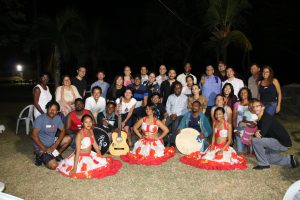Workshops and Training Opportunities
GEF-Satoyama Project Consolidation Workshop[Mahébourg, Mauritius]
2018.08.21
Objective:
The objective of the Consolidation Workshop is to consolidate lessons learned under the Project to generate information/knowledge products that can be shared widely through relevant fora and interactions.
Issues to be addressed at the workshop
How can we get the values of SEPLS recognized?
How can we document and make use of traditional knowledge in SEPLS?
How can we improve the governance of the SEPLS?
How can livelihood improvement and biodiversity conservation co-exist and be mutually supportive?
Issues relevant to social safeguards: namely, how to achieve gender mainstreaming?
Report
On August 21-24, 2018, the consolidation workshop of the GEF Satoyama Project in Mauritius was held. With all 10 subgrantees participating from the three target Biodiversity Hotspots (namely the Tropical Andes, Indo-Burma, Madagascar and Indian Ocean Islands), the objective of the workshop was to consolidate lessons learnt under the Project to generate information that can be shared widely through relevant forums and interactions. All of the subgrantees introduced their projects to each other, realized that while the scope and geography of their work may differ, many of the challenges and contexts they work in are similar — from securing funding sources to obtaining community buy-in and government support to implementing fieldwork. Discussions included, how to get the values of SEPLS recognized; how to document and make use of traditional knowledge within SEPLS; how to improve the governance of SEPLS; and the usefulness of the Indicators of Resilience in SEPLS management and project designs. These discussions helped to address the barriers of SEPLSs management globally.
Mauritius-based subgrantee Environmental Protection and Conservation Organization (EPCO) and the local communities organized a field trip — which included visiting the barachois, a coastal lagoon area that was formally abandoned as it was thought to be poisoned. For the past two years, EPCO and the communities have worked to remove litter and invasive species, reforest the area surrounding the barachois and replanting mangroves so these areas may become a means of livelihoods via aquaculture and ecotourism. Participants had an opportunity to have a town hall style meeting with the community to better understand their circumstances and to share their experiences with the local community members. The field trip included a pirogue ride in the beautiful azure-blue waters of Mauritius, to the fringing reef before being treated to a local lunch prepared by community members. The cultural night further highlighting the tourism potential of the project site where all participants were able to bask in the Mauritian culture of Sega dance and music.
Outcomes:
Participants agreed that Socio-ecological production landscapes and seascapes (SEPLS) provide a wide array of values to people; Traditional knowledge is an integral part of SEPLS; and that Governance in SEPLS is strengthened through effective collaborative management schemes. The outcomes were detailed in an Issue Brief which was launched at the CBD COP14 in Sharm El Sheikh, Egypt on November 17, 2018. A copy of the Issue Brief can be downloaded from here.
Photos

